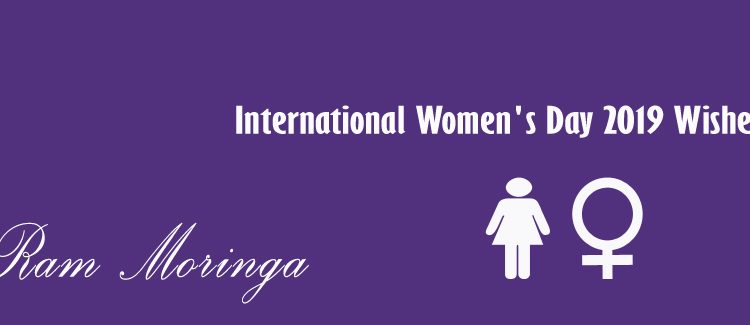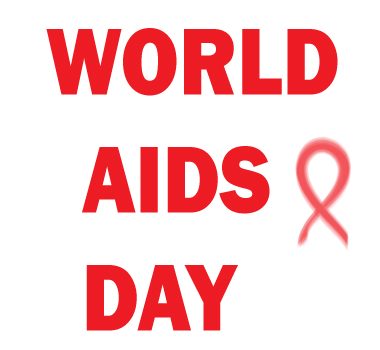Why do we mark International Days? International days are occasions to educate the general public on issues of concern, to mobilize political will and resources to address global problems, and to celebrate and reinforce achievements of humanity. The existence of
WorldMalariaDay
“Zero malaria” campaign Malaria is caused by Plasmodium parasites. The parasites are spread to people through the bites of infected female Anopheles mosquitoes, called “malaria vectors.” There are 5 parasite species that cause malaria in humans, and 2 of these
Monocrotophos (0.70 mg/kg – ppm) in drumstick from India
Monocrotophos is an organophosphate insecticide. It is acutely toxic to birds and humans, so it has been banned in the U.S., the E.U. and many other countries, however it is still available in India. Monocrotophos is principally used in agriculture,
International Women’s Day

The theme for International Women’s Day (8 March) this year, “Think Equal, Build Smart, Innovate for Change”, puts innovation by women and girls, for women and girls, at the heart of efforts to achieve gender equality. Achieving a gender-equal world
International Mother Language Day

The idea to celebrate International Mother Language Day was the initiative of Bangladesh. It was approved at the 1999 UNESCO General Conference and has been observed throughout the world since 2000. Read More
World Day of Social Justice 20 February

2019 theme: If You Want Peace & Development, Work for Social Justice World Day of Social Justice is an underlying principle for peaceful and prosperous coexistence within and among nations. We uphold the principles of social justice when we promote
Signs of depression in men
Depression in men Symptoms in men and women feeling sad, tearful, low, guilty, or empty losing enjoyment in pleasurable activities appetite or weight changes too little or too much sleep feeling agitated or tired having trouble concentrating For more detailed
World AIDS Day

On 1 December 2018, WHO will join global partners to commemorate World AIDS Day under the theme “Know Your Status”. This will also be an occasion to celebrate the 30th anniversary of World AIDS Day – a pioneering global health
WorldHepatitisDay
World Hepatitis Day Hepatitis refers to an inflammatory condition of the liver. It’s commonly caused by a viral infection, but there are other possible causes of hepatitis. These include autoimmune hepatitis and hepatitis that occurs as a secondary result of
Nelson Mandela International Day
Action against poverty Nelson Rolihlahla Mandela (18 July 1918 – 5 December 2013) was a South African anti-apartheid revolutionary, political leader, and philanthropist. He studied law at the University of Fort Hare and the University of the Witwatersrand before working
